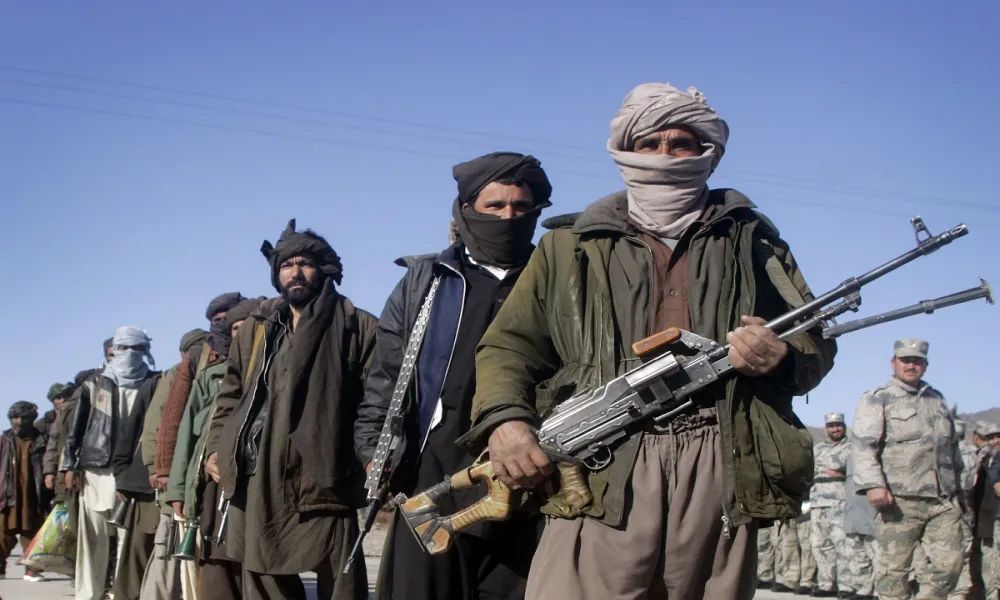Mobile phone and internet services in Afghanistan have been down for a second consecutive day, residents and monitoring groups said, with no explanation from the Taliban government. Internet connectivity has dropped to roughly 1% of normal levels, according to NetBlocks, which told Reuters the outage unfolded in stages, eventually disrupting phone services that share infrastructure with the internet.
Reports of 3G/4G halt while 2G remains
Private broadcaster Tolo News warned viewers of service interruptions and said authorities had set a one-week deadline to switch off 3G and 4G mobile networks nationwide, allowing only legacy 2G to operate. In recent weeks, officials also cut fiber-optic links in several provinces, citing “moral” concerns tied to online pornography. Cloudflare Radar reported the steepest connectivity declines in Kabul, followed by Herat in the west and Kandahar in the south.

Expanding restrictions and women’s rights rollback
The leadership based in Kandahar has steadily tightened social controls. This month, authorities barred women from entering United Nations offices, after already prohibiting certain professions for women and schooling for girls beyond lower secondary. The Taliban insist they respect women’s rights as interpreted under Islamic law. Women’s-rights activist Sanam Kabiri said the movement has already shut “schools, universities, recreation centers and sports facilities for women,” adding, “The Taliban use every tool they have to oppress the people. What more do these ignorant men from the last century want from our oppressed people?”
From digital priority to reversal
As recently as 2024, Kabul praised the benefits of a 9,350-kilometre, largely U.S.-backed fiber network, calling it a government “priority” to help the country escape poverty and connect with the world. Since returning to power in 2021, however, the Taliban have imposed successive bans under their interpretation of Islamic law, now extending to a sweeping communications blackout that is crippling daily life and cutting off livelihoods, particularly for women who rely on the internet to work from home.
AMNA sourced reporting
